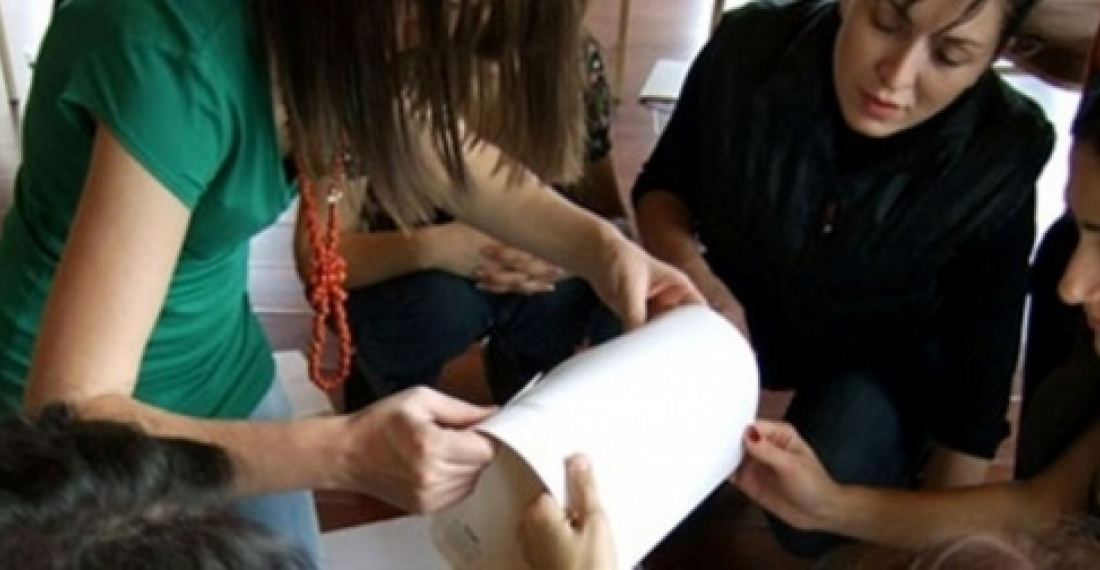The Women's Resource Center (WRCA) in Armenia, the Association for Women's Rights Protection (AWPR) in Azerbaijan and the Women's Political Resource Center (WPRC) in Georgia organised joint press conference in Tbilisi on launching the South Caucasus Women's Congress - the regional organization that will promote women's advancement and gender equality in the region.
The press conference followed a coordination meeting in Kakheti on March 16-21, where these three lead organizations began to develop the Women's Political Platform for the South Caucasus in Partnership with Kvinna till Kvinna foundation and with the financial support of the Dutch Ministry of Foreign Affairs under the FLOW-grant (Funding Leadership and Opportunities for Women).
Uniting on the shared values of gender equality, solidarity and inclusiveness, the Women's Political platform will be safe and trustworthy ground for women, women's groups and other organizations in the South Caucasus.
"The main objective is to achieve efficient results in advancing women's rights in the region, ensure equal involvement of women in political processes and peace building and increase fruitful cooperation between Women's NGOs, local governments and international actors", mentions Lara Aharonian, the founder from Armenia.
"There have been many different networks in the past for women and women's groups - said Lika Nadaria, the founder from Georgia - but the most of them were artificially formed and often with a pressure from international donors, this one differs by being organically formed through our grassroots genuine efforts since 2006 and it will unite on the same table women's organizations, women politicians and international representatives". The idea was discussed earlier between the three partner organizations during a network meeting in Stockholm and then elaborated in Istanbul in 2010. "Women are almost non-represented in politics with its different formal institutions, we have very low level of female decision-makers in our respective governments and this reflects negatively on our policies and legislations", added Novella Jafarova, the founder from Azerbaijan.
The South Caucasus Women's Congress begins to work in the region and is open for joining. "Our first steps will be to re-evaluate and analyse the women's role in political processes in our countries. To share results and develop common strategies, we plan to hold regional conference in the fall in Tbilisi" stated the founders.
For more information on the Women's Congress, please contact your local representative:
Lika Nadaria (Georgia), phone: +995599512514 email: l_nadaraia@wprc.org.ge
Novella Jafarova, (Azerbaijan) phone: +994503200113 email: novellajafarova@gmail.com
Lara Aharonian, (Armenia) phone: +37493992244 email: lara.aharonian@ymail.com
source: commonspace.eu with Kvinna till Kvinna
photo: Women from the South Caucasus at a team building event in Istanbul (picture courtesy of Kvinna till Kvinna)






